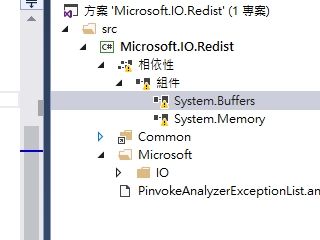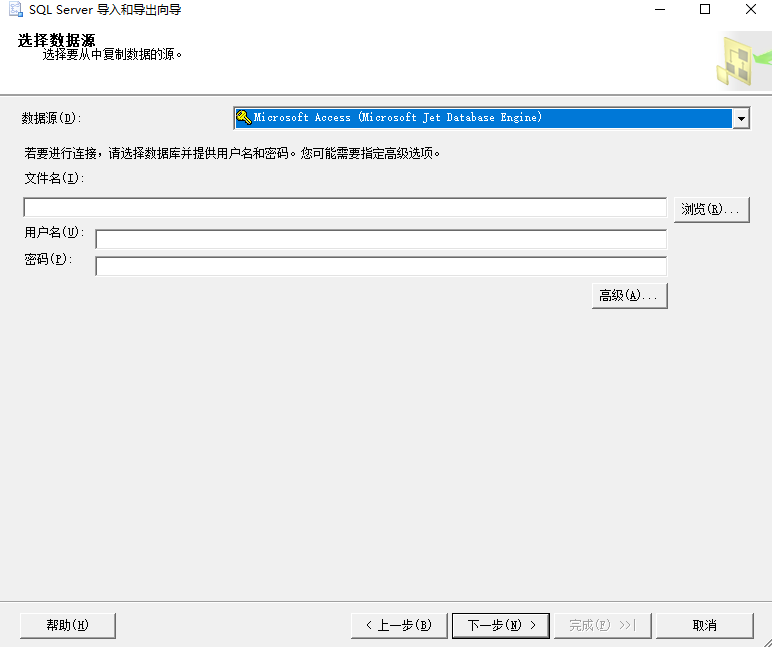可以将文章内容翻译成中文,广告屏蔽插件可能会导致该功能失效(如失效,请关闭广告屏蔽插件后再试):
问题:
When I print a numpy array, I get a truncated representation, but I want the full array.
Is there any way to do this?
Examples:
>>> numpy.arange(10000)
array([ 0, 1, 2, ..., 9997, 9998, 9999])
>>> numpy.arange(10000).reshape(250,40)
array([[ 0, 1, 2, ..., 37, 38, 39],
[ 40, 41, 42, ..., 77, 78, 79],
[ 80, 81, 82, ..., 117, 118, 119],
...,
[9880, 9881, 9882, ..., 9917, 9918, 9919],
[9920, 9921, 9922, ..., 9957, 9958, 9959],
[9960, 9961, 9962, ..., 9997, 9998, 9999]])
回答1:
To clarify on Reed\'s reply
import numpy
numpy.set_printoptions(threshold=numpy.nan)
Note that the reply as given above works with an initial from numpy import *, which is not advisable.
For full documentation, see http://docs.scipy.org/doc/numpy/reference/generated/numpy.set_printoptions.html.
回答2:
import numpy as np
np.set_printoptions(threshold=np.inf)
I suggest using np.inf instead of np.nan which is suggested by others. They both work for your purpose, but by setting the threshold to \"infinity\" it is obvious to everybody reading your code what you mean. Having a threshold of \"not a number\" seems a little vague to me.
回答3:
The previous answers are the correct ones, but as a weaker alternative you can transform into a list:
>>> numpy.arange(100).reshape(25,4).tolist()
[[0, 1, 2, 3], [4, 5, 6, 7], [8, 9, 10, 11], [12, 13, 14, 15], [16, 17, 18, 19], [20, 21,
22, 23], [24, 25, 26, 27], [28, 29, 30, 31], [32, 33, 34, 35], [36, 37, 38, 39], [40, 41,
42, 43], [44, 45, 46, 47], [48, 49, 50, 51], [52, 53, 54, 55], [56, 57, 58, 59], [60, 61,
62, 63], [64, 65, 66, 67], [68, 69, 70, 71], [72, 73, 74, 75], [76, 77, 78, 79], [80, 81,
82, 83], [84, 85, 86, 87], [88, 89, 90, 91], [92, 93, 94, 95], [96, 97, 98, 99]]
回答4:
This sounds like you\'re using numpy.
If that\'s the case, you can add:
import numpy as np
np.set_printoptions(threshold=np.nan)
That will disable the corner printing. For more information, see this NumPy Tutorial.
回答5:
Here is a one-off way to do this, which is useful if you don\'t want to change your default settings:
def fullprint(*args, **kwargs):
from pprint import pprint
import numpy
opt = numpy.get_printoptions()
numpy.set_printoptions(threshold=\'nan\')
pprint(*args, **kwargs)
numpy.set_printoptions(**opt)
回答6:
Using a context manager as Paul Price sugggested
import numpy as np
class fullprint:
\'context manager for printing full numpy arrays\'
def __init__(self, **kwargs):
if \'threshold\' not in kwargs:
kwargs[\'threshold\'] = np.nan
self.opt = kwargs
def __enter__(self):
self._opt = np.get_printoptions()
np.set_printoptions(**self.opt)
def __exit__(self, type, value, traceback):
np.set_printoptions(**self._opt)
a = np.arange(1001)
with fullprint():
print(a)
print(a)
with fullprint(threshold=None, edgeitems=10):
print(a)
回答7:
numpy.savetxt
numpy.savetxt(sys.stdout, numpy.arange(10000))
or if you need a string:
import StringIO
sio = StringIO.StringIO()
numpy.savetxt(sio, numpy.arange(10000))
s = sio.getvalue()
print s
The default output format is:
0.000000000000000000e+00
1.000000000000000000e+00
2.000000000000000000e+00
3.000000000000000000e+00
...
and it can be configured with further arguments.
Tested on Python 2.7.12, numpy 1.11.1.
回答8:
This is a slight modification (removed the option to pass additional arguments to set_printoptions)of neoks answer.
It shows how you can use contextlib.contextmanager to easily create such a contextmanager with fewer lines of code:
import numpy as np
from contextlib import contextmanager
@contextmanager
def show_complete_array():
oldoptions = np.get_printoptions()
np.set_printoptions(threshold=np.inf)
try:
yield
finally:
np.set_printoptions(**oldoptions)
In your code it can be used like this:
a = np.arange(1001)
print(a) # shows the truncated array
with show_complete_array():
print(a) # shows the complete array
print(a) # shows the truncated array (again)
回答9:
Complementary to this answer from the maximum number of columns (fixed with numpy.set_printoptions(threshold=numpy.nan)), there is also a limit of characters to be displayed. In some environments like when calling python from bash (rather than the interactive session), this can be fixed by setting the parameter linewidth as following.
import numpy as np
np.set_printoptions(linewidth=2000) # default = 75
Mat = np.arange(20000,20150).reshape(2,75) # 150 elements (75 columns)
print(Mat)
In this case, your window should limit the number of characters to wrap the line.
For those out there using sublime text and wanting to see results within the output window, you should add the build option \"word_wrap\": false to the sublime-build file [source] .
回答10:
NumPy 1.15 or newer
If you use NumPy 1.15 (released 2018-07-23) or newer, you can use the printoptions context manager:
with numpy.printoptions(threshold=numpy.inf):
print(arr)
(of course, replace numpy by np if that\'s how you imported numpy)
The use of a context manager (the with-block) ensures that after the context manager is finished, the print options will revert to whatever they were before the block started. It ensures the setting is temporary, and only applied to code within the block.
See numpy.printoptions documentation for details on the context manager and what other arguments it supports.
回答11:
Suppose you have a numpy array
arr = numpy.arange(10000).reshape(250,40)
If you want to print the full array in a one-off way (without toggling np.set_printoptions), but want something simpler (less code) than the context manager, just do
for row in arr:
print row
回答12:
You can use the array2string function - docs.
a = numpy.arange(10000).reshape(250,40)
print(numpy.array2string(a, threshold=numpy.nan, max_line_width=numpy.nan))
# [Big output]
回答13:
If an array is too large to be printed, NumPy automatically skips the central part of the array and only prints the corners:
To disable this behaviour and force NumPy to print the entire array, you can change the printing options using set_printoptions.
>>> np.set_printoptions(threshold=\'nan\')
or
>>> np.set_printoptions(edgeitems=3,infstr=\'inf\',
... linewidth=75, nanstr=\'nan\', precision=8,
... suppress=False, threshold=1000, formatter=None)
You can also refer to the numpy documentation numpy documentation for \"or part\" for more help.



